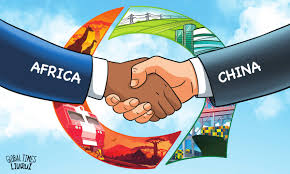V-Day in China: History speaks to today’s global challenges
When China marks the 80th anniversary of its victory in WWII on Wednesday, the gathering in Tiananmen Square will not be about swagger, but a moment of reflection on the challenges facing the world today. The occasion is meant to commemorate the immense human cost of a conflict that leftContinue Reading












